The Judiciary and Governance in India
Absolute power is an anathema to our constitution, even if it is to be wielded by the judiciary. But, India is witnessing a very unusual phenomenon, not visualised by the founding fathers of the constitution, of judiciary becoming not just the central pillar but the only pillar of our democracy. No great wisdom or foresight is necessary to see the instability and unsustainability, of this architectural marvel. The Indian judiciary, which is the world's most powerful judiciary, has no doubt earned its place in the sun as the balancing wheel and fulcrum of the constitution. But, in the recent past, its influence and charter has spread to areas not envisaged by the constitution, leading to government by judiciary and major confrontations with the Parliament and the executive. Not surprisingly, it has become highly controversial. Equally important are the persistent concerns about the slow and faltering pace of judicial reforms, horrendous pendency of over three crore court cases, dilatory procedures and high transaction costs. Counter-balancing Independence and accountability of the judiciary is yet another area of prime concern. Commissions of inquiry which are invariably presided over by the judges of the superior courts have come in disrepute in a number of cases and this important instrument of public accountability has fallen in disuse and got blunted. The book the Judiciary and Governance in India deals with important issues. Based on extensive and in-depth research, the book comprehensively brings out the diverse and wide ranging concerns of the civil society and makes several major recommendations. Written in a lucid and highly readable style, this scholarly work is a must read for persons in various walks of life legal profession, legislators, political leaders, policy makers, media, academics and social activists.
Get it now and save 10%
BECOME A MEMBER

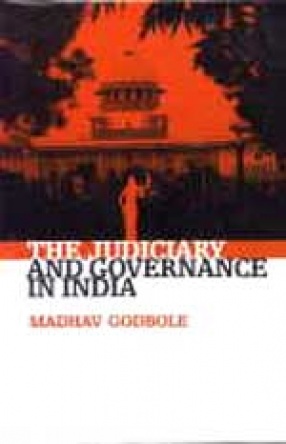
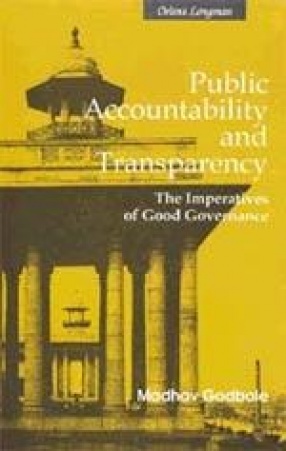
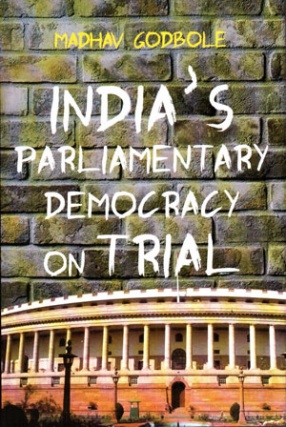
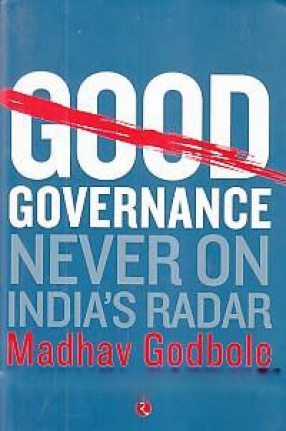
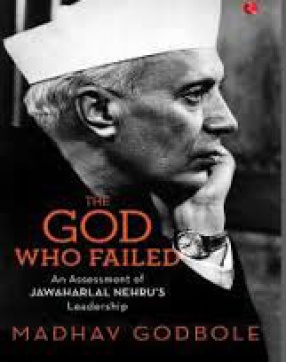


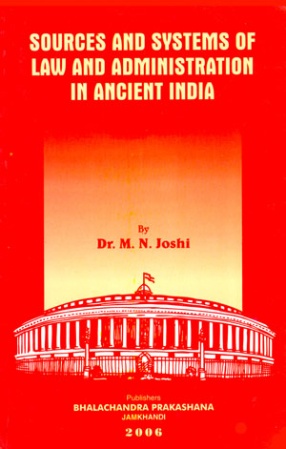


Bibliographic information